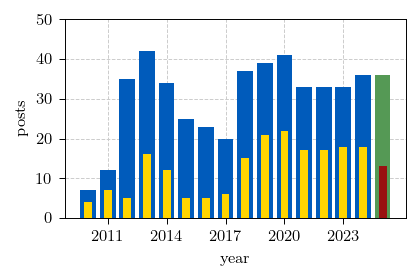Global economic media frequently report that U.S. productivity has been
growing much faster than in Europe and other developed Western economies for
many years. As an example, consider the recent publication in the Financial
Times
(FT). This
is not journalistic exaggeration—such conclusions follow directly from the
still widely used methodology of calculating real GDP and productivity, and
from international comparisons based on that methodology.
The FT article clearly illustrates that Europe's economic lag behind the
United States is treated as an objective reality at the highest levels of
politics, and that policymakers have been searching for ways to "close this
gap" for many years. We present these remarks because doubts about the
magnitude of the United States’ economic advantage naturally arise from the
study of international macroeconomics and economic growth theory.

